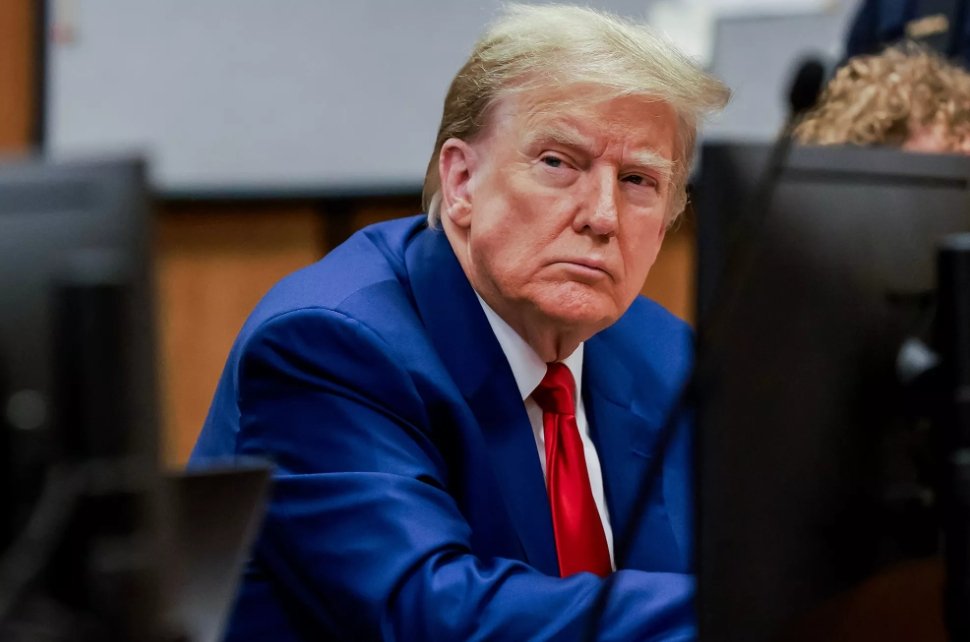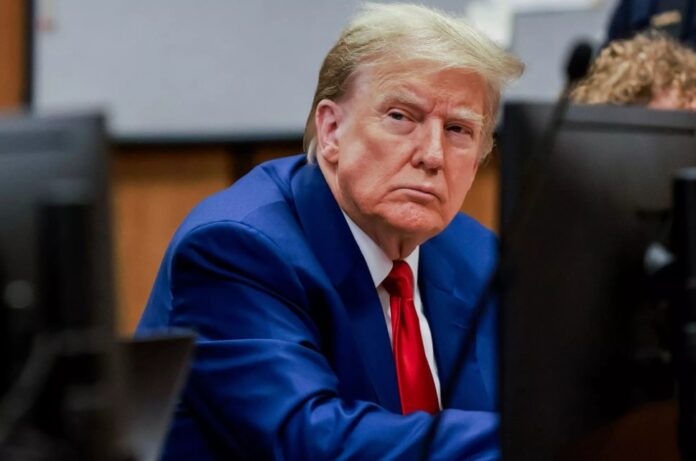
On January 10, 2025, President-elect Donald Trump was sentenced to an “unconditional discharge” following his conviction on 34 felony counts of falsifying business records. These charges stemmed from hush money payments made during the 2016 presidential campaign to conceal alleged affairs, notably with adult film actress Stormy Daniels.
Background of the Case:
In 2016, payments totaling $420,000 were made to silence allegations of extramarital affairs involving Trump. These payments were later reimbursed through falsified business records, leading to the felony charges.
Trial and Conviction:
The trial commenced on April 15, 2024, and concluded on May 30, 2024, with Trump being convicted on all 34 counts. This marked the first instance of a U.S. president being convicted of a felony.
Sentencing Details:
Judge Juan Merchan presided over the sentencing, granting an unconditional discharge. This means Trump will not face imprisonment, fines, probation, or community service. However, as a convicted felon, he is prohibited from owning firearms and must provide a DNA sample.
Implications for the Presidency:
Despite the conviction, Trump remains eligible to assume the presidency on January 20, 2025. The sentencing was expedited to conclude before his inauguration, ensuring no constitutional conflicts arise during his term.
Reactions and Future Actions:
Trump has consistently labeled the case a “political witch hunt” and plans to appeal the conviction. His legal team is preparing to challenge the verdict, aiming to overturn the felony status.
This unprecedented situation underscores the complexities of legal proceedings involving high-ranking political figures and raises questions about the intersection of law and politics in the United States.
A Historic Precedent for Accountability
Donald Trump’s conviction marks an unprecedented moment in American history. For the first time, a sitting or incoming president has been found guilty of criminal charges. This development underscores the principle that no one, not even the most powerful individual in the land, is above the law. The sentencing also demonstrates the resilience of the American judicial system, which remains committed to accountability, even in politically sensitive cases.
This precedent serves as a bold statement to world leaders and influential figures that power does not equate to immunity. It reinforces the notion that democratic institutions can hold individuals accountable without fear or favor, regardless of their societal or political standing.
The Fragility of Political Legitimacy
For Trump, the implications are deeply personal and political. While his base of supporters may continue to rally around him, the conviction casts a long shadow over his presidency and legacy. Questions about his integrity and ethical conduct will undoubtedly shape public discourse and erode trust among undecided voters. Furthermore, the sentencing could serve as ammunition for political opponents, who may use it to question his legitimacy as a leader and the values he represents.
Impacts on Public Trust and Democratic Institutions
On a broader scale, the conviction and sentencing test the resilience of American democracy. Public trust in institutions is at stake, particularly among Trump’s supporters, who may perceive the conviction as politically motivated. Ensuring transparency in the judicial process is vital to maintaining confidence in the fairness and impartiality of the justice system.
At the same time, this moment offers an opportunity to strengthen democratic norms. By holding Trump accountable, the judiciary has demonstrated its independence, reinforcing the principle that the rule of law supersedes individual power. This could pave the way for restoring faith in institutions that have faced increasing scrutiny and polarization in recent years.
Global Implications
Internationally, Trump’s sentencing has sparked debates about the accountability of political leaders. It offers a stark contrast to countries where leaders wield unchecked power and evade justice, often manipulating judicial systems to serve their interests. The case serves as a model for nations grappling with corruption and impunity, proving that political influence need not shield leaders from the consequences of their actions.
A Call for Reflection and Reform
Ultimately, the sentencing of Donald Trump invites critical reflection on the intersection of power, accountability, and justice. It challenges democracies worldwide to examine their own systems and confront the question: Are we truly upholding the principle that no one is above the law?
While the immediate fallout may be divisive, the long-term implications could strengthen democratic institutions, promote transparency, and inspire reform in nations striving to establish or preserve the rule of law.
In the end, this moment in American history is not just about Donald Trump—it is about the enduring values that define justice in a democratic society.









